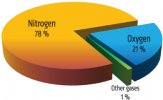Yeah, but then you have to buy an overpriced replacment, or ride your bike to work.
Well, I only drive the Suburban so I can transport bikes from my warehouse. Haven't really done that in a year and don't foresee the need until at least next season based on bike availability. I could really drive anything right now.








